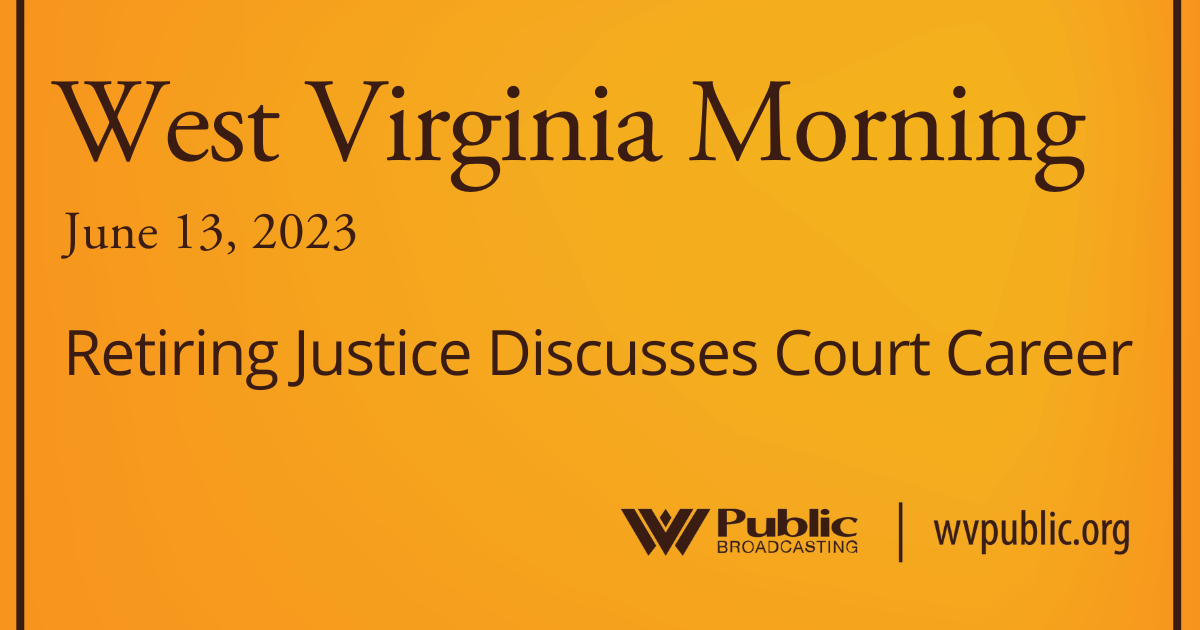Larry V. Starcher, a retired Supreme Court Justice and Monongalia County Circuit Judge, passed away Saturday, Dec. 24. He was 80.
Larry V. Starcher, a retired Supreme Court Justice and Monongalia County Circuit Judge, died Saturday, Dec. 24. He was 80.
“Justice Starcher devoted his life to public service, as a circuit judge, Supreme Court justice, and law professor,” said Chief Justice John Hutchison. “He was a mentor to many young lawyers, law students, and law clerks. His love for the law school was known to all. His monetary gifts were important, but his gift of teaching was the most important of all. He had an incredible work ethic and was a champion of many causes. He was a loyal friend to many and will be sorely missed. On behalf of my fellow justices, I send sincere condolences to his family.”
Starcher was born at home in Calhoun County, West Virginia, on Sept. 25, 1942 and was raised in Spencer, in Roane County, and graduated from Spencer High School in 1960. He earned his bachelor’s degree (1964) and his law degree (1967) from West Virginia University.
Before being elected circuit judge in 1976, he served as an Assistant to the Vice-President for Off-Campus Education at West Virginia University and as Director of the North Central West Virginia Legal Aid Society. He served as circuit judge for 20 years.
While sitting as a circuit judge, Starcher served as a special judge in 23 of West Virginia’s 55 counties. He presided over the trial of 20,000 asbestos injury cases and a six-month state buildings asbestos trial. As a trial judge, he was active in the area of juvenile justice, including establishing alternative learning centers for youths at risk and a youth shelter. He also pioneered the use of work release and community service as punishment for nonviolent offenders.
In November 1996, he was elected to a full twelve-year term on the Supreme Court of Appeals. He served as chief justice in 1999 and 2003, and he promoted action in several areas of judicial administration, specifically the Court Facilities Committee, Public Trust and Confidence in the Judiciary, Mental Hygiene Commission, Court Technology Summit, Self-Represented Litigants Task Force, State Law Library improvements, and he reactivated the Gender Fairness Task Force.
In 2004, in partnership with the Mountain State Bar, West Virginia’s historic minority bar association, Justice Starcher and his senior law clerk, Thomas Rodd, initiated the J.R. Clifford Project, a series of statewide community programs and publications based on the life and work of J.R. Clifford (1848-1933), West Virginia’s first African American lawyer. He retired from the Supreme Court at the end of 2008 but continued working as a senior status judge by appointment. He also served as an adjunct lecturer at the West Virginia University College of Law until 2020, teaching pre-trial litigation and trial advocacy, and he advised the Lugar Trial Association.
